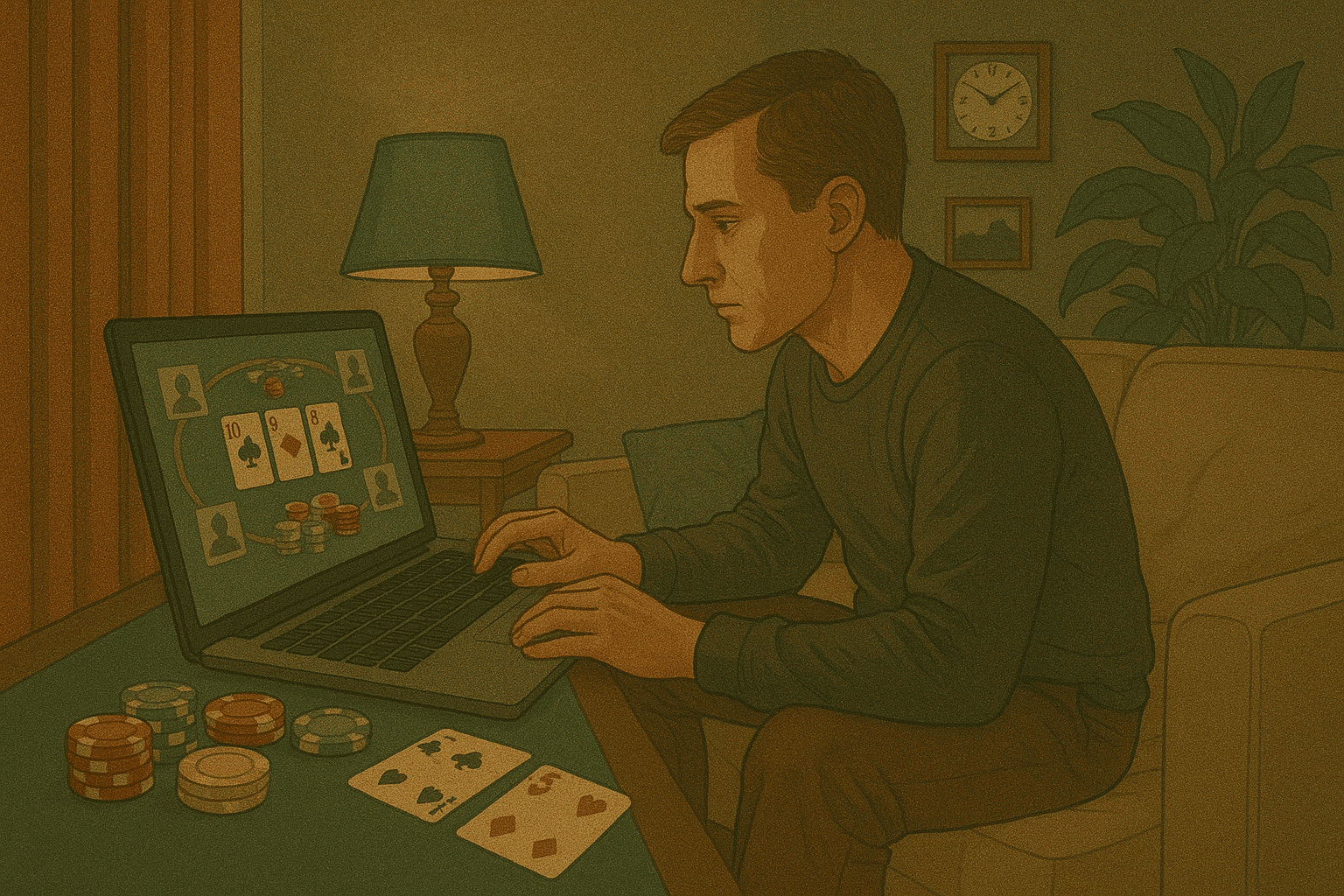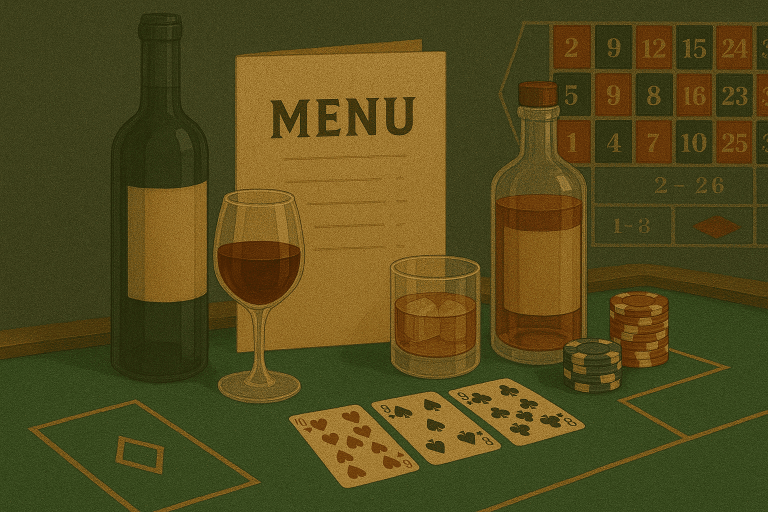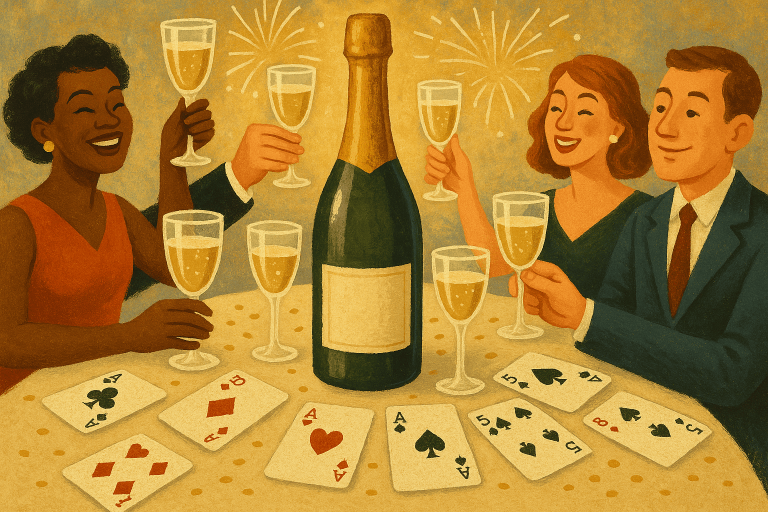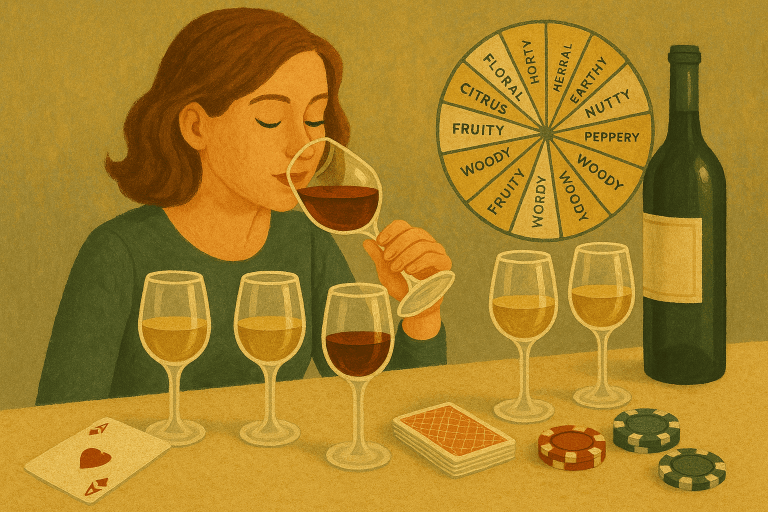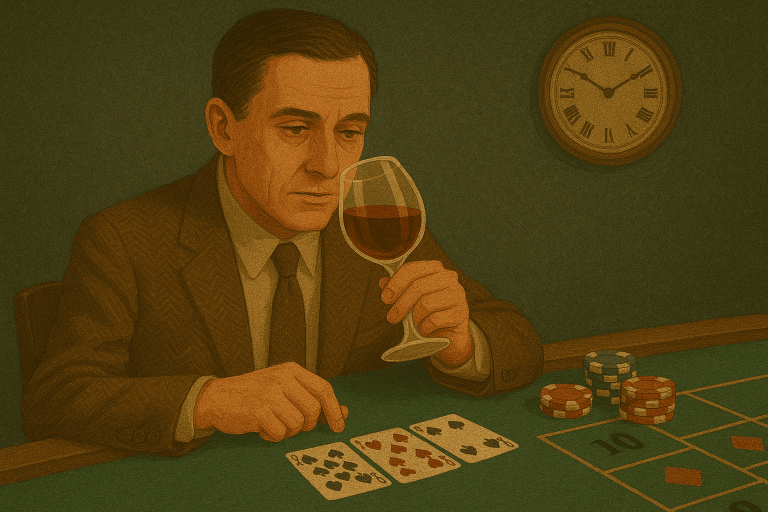The Home as a Casino: How Interior, Mood, and Time Shape the Online Gambling Experience
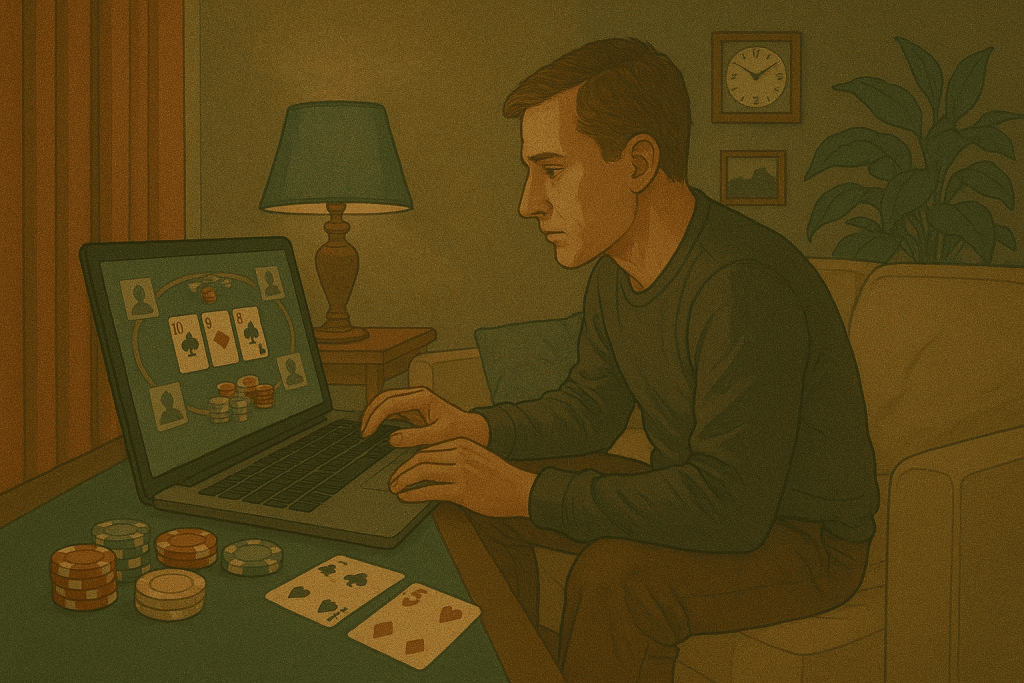
The silent transformation
You don’t need marble floors or chandeliers to gamble. These days, all it takes is a screen — and a mood. With one click, a quiet bedroom becomes a baccarat hall, a living room turns into a roulette floor, a kitchen table hosts poker showdowns.
In the online era, the casino doesn’t bring you in. You bring the casino to yourself.
And how you design that space — physically, emotionally, even temporally — deeply shapes how you play.
From sofa to slot floor: when space becomes atmosphere
We often underestimate how much our surroundings affect our decisions. But interior designers and behavioral economists don’t.
Soft lighting relaxes. Bright lighting energizes. Music modulates risk tolerance. Scents sharpen or soothe attention.
Many players instinctively build their own gambling corners, choosing:
- A specific chair or room
- A light level or lamp they only use for sessions
- Background music (or strict silence)
- Smells (like coffee, candles, or even cologne)
These choices aren’t random — they prime the brain for a particular type of performance.
🎯 “When I play at my desk, I lose. When I play in the kitchen with a cup of tea and low jazz, I win.”
— A.B., long-term blackjack enthusiast
The role of time: night owls and risk windows
Most online gambling happens between 10 PM and 3 AM. Why? Because emotion trumps logic when we’re tired. In psychology, it’s called decision fatigue — the brain’s reduced ability to self-regulate after a long day.
Online casinos know this. That’s why many bonuses, promos, and high volatility tournaments are timed for late night.
| Time of Day | Common Emotional State | Casino Design Tactic |
| Early evening | Alert, rational | Intro offers, training mode, tutorials |
| Late night | Tired, emotional | Flash bonuses, “urgent” tournaments |
| Weekend mornings | Relaxed, open to play | Soft games, fun animations, themed events |
Knowing your risk window is one of the smartest habits a player can build.
Lighting, layout, and losing control
Want to see if someone is about to overplay? Don’t look at their cards. Look at their room.
Cluttered desk? No plan. Harsh overhead light? Irritable mood. TV on in the background? Fragmented focus.
In contrast, focused players build gaming sanctuaries, even if it’s just a corner:
- Single task lighting
- Clean desk
- Closed door
- No second screens
- Water bottle or tea — not wine, not whiskey
Environment isn’t just aesthetic. It’s strategy.
Moodboards and dopamine
Ever notice how many online casinos use velvet purple, golden lights, and deep red tones? That’s not style — it’s chemistry. These colors trigger association with:
- Luxury
- Sensuality
- Excitement
- Soft danger
Players, knowingly or not, mirror this at home. Some decorate rooms with LED strips, framed chips, neon signs. Others just replicate the mood through playlists and night-only rituals.
The home casino isn’t built in hardware. It’s coded in feeling.
When comfort becomes a trap
There’s a paradox here: the more personalized your space, the more immersive the play — and the harder it is to disconnect.
That’s why players report:
- Losing sense of time
- Playing longer than intended
- Blurring relaxation with addiction
- Feeling anxiety in the same space where they unwind
To solve this, many top players create hard boundaries:
- “I never play in bed.”
- “When I lose 10%, I stand up and change rooms.”
- “If I win three sessions in a row, I pause for 24 hours.”
These are rituals not of luck, but of self-preservation.
The future of ambient casinos
With virtual reality and haptic feedback, online gambling is only getting more immersive. Soon, you won’t just bring the casino home — you’ll build one in your headset.
And then, more than ever, your ability to control the mood, the moment, and the mental space will define your success.
The gambler of the future isn’t the boldest — it’s the most aware.
Your environment plays too
The home is not neutral. It’s a partner in your game. Every light, scent, song, and surface either supports you — or distracts you.
The best players treat their setup with the same care they give their strategy. Because they know: a calm room makes for a calm hand.
So before your next session, ask not just how you’ll play — but where.

